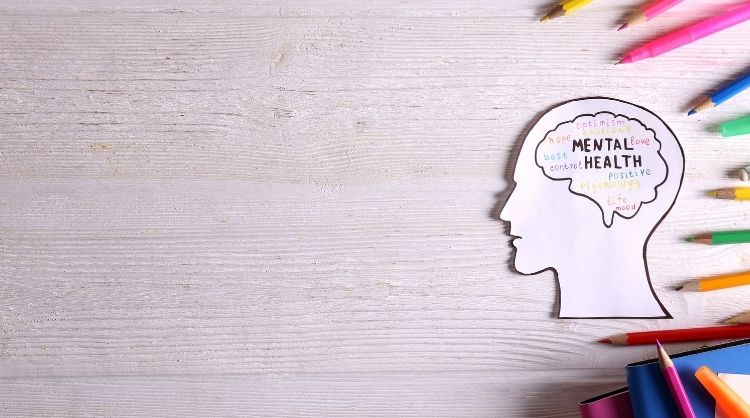How to ask your boss for a mental health day

If you’re feeling burnt out after the events of the last two years, then you’re not alone, and you might need a mental health day.
Workplace burnout is arguably more present than ever, with Thrive My Way reporting that two-thirds of full-time employees say they’ve experienced burnout at some point in their careers.
Taking a mental health day can be a fantastic way to recharge your professional batteries, but it can be intimidating. To help you ask your boss for a mental health day, we’ve put together information on what a mental health day is, when to take a mental health day, and how you can ask your boss for a mental health day.
What is a mental health day?
A mental health day is a day to help you improve your mental health. While taking a day off to take care of yourself might not solve underlying problems, it is a great way to take stock of how you’re feeling and come back to work feeling better. Stress can build up over time, so having a mental health day as a circuit breaker can help you regroup.
45% of Australians aged 16-85 will experience a mental health condition in their lifetime, according to a 2014 report from Price Waterhouse Cooper. It can be easy to feel alone when struggling with lower-than-usual mental health.
However, taking a mental health day off is an important way of reminding yourself that you’re not alone when you’re not feeling 100%, while also showing those around you that talking about mental health in the workplace shouldn’t be taboo.
Everyone’s idea of a mental health day is different. Some people will use it as a day to take part in their hobbies, while others will use it as a chance to shut off from the world. No matter what you like to do when you’re looking to take care of your mental health, it’s important to recognise that mental health days are just as important as any other type of sick day you’d take. After all, you would take a day off if your body wasn’t feeling the best, so why not treat your mental health the same way?
When should you take a mental health day?

Some situations where you may look to take a mental health day include:
- When you’ve experienced turbulence and turmoil in your personal life
- After the completion of a particularly gruelling project
- When you can recognise the beginnings of workplace burnout
- When you’re feeling more stressed than usual about going to work
- When you’re feeling anxious about your work performance
- When your mood is feeling particularly low
Taking a mental health day is part of destigmatising discussion of mental health in the workplace. It can be easy to feel pressured to work through ailing mental health, but that’s slowly starting to change.
Above all else, if you’re not feeling like you’ll be able to be productive at work because your mental health isn’t 100%, then taking a day off is the best thing you can do. Pushing yourself too hard for too long can have damaging long-term effects on your mental health, and it’s important that you put yourself first.
How to ask for a mental health day at work
Asking your boss for a mental health day can seem intimidating, but it doesn’t have to be. Like any worker, your boss knows how important it can be to take measures against workplace burnout, so they’ll likely appreciate your need for a mental health day to refresh and recharge.
Whether you’re planning a mental health day in advance or taking a mental health day after a particularly flat morning, then it’s important to communicate with your employer. Tell them that you’ve been feeling stressed/flat/anxious (or however else you’ve been feeling), so they’re able to understand why you’re taking the day off. However, if you’re not comfortable discussing the specifics of your mental health with your boss, then it’s not legally required according to Headspace.
Finding a time to have a discussion with your boss when they’re free is key to taking a mental health day, as it’ll give you a chance to explain your reasoning to your boss. It’s also a great chance to raise any concerns in the workplace that might be causing or exacerbating the stress, anxiety or depression you’re currently experiencing.
When you’re taking a mental health day, you may need to provide a medical certificate, depending on your contract. Getting a medical certificate is a good chance to talk to a GP or another medical professional about how you’re feeling, while also working with them to discuss ways to help improve your mental health.
If you’re looking for advice to help fuel your next career move, or to navigate complex issues in the workplace, then Upskilled can help. Upskilled’s SkillsTalk blog is full of tips and tricks that can help you feel more confident in the workplace, while also helping you plan for any further study you might be looking to complete to help make your career dreams come true!


)
)

